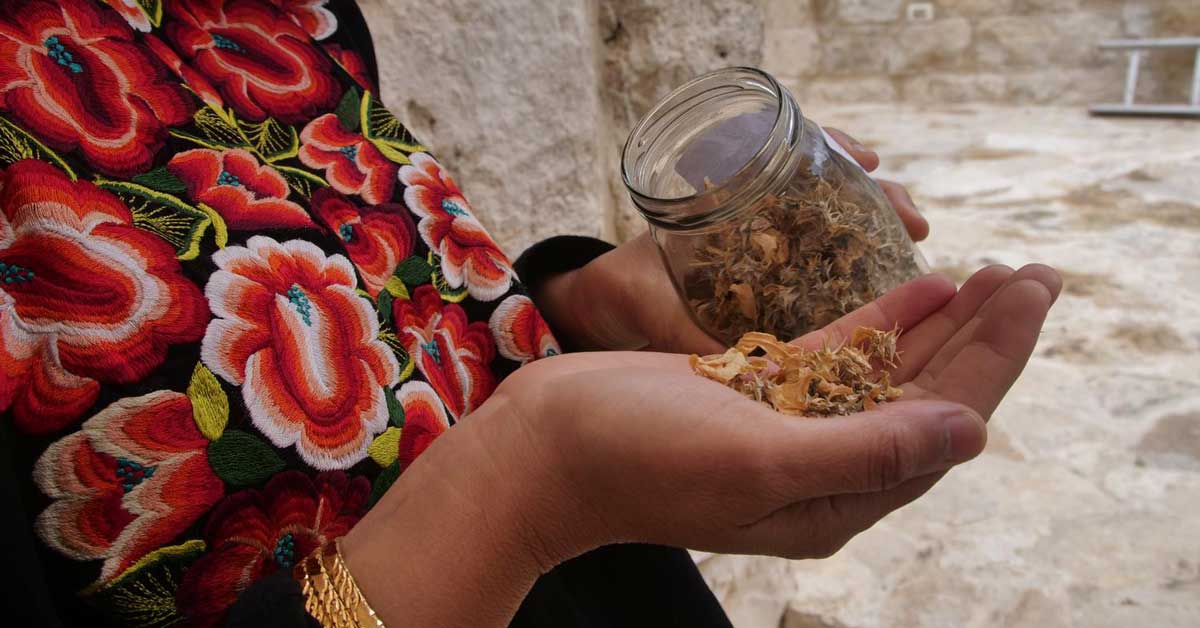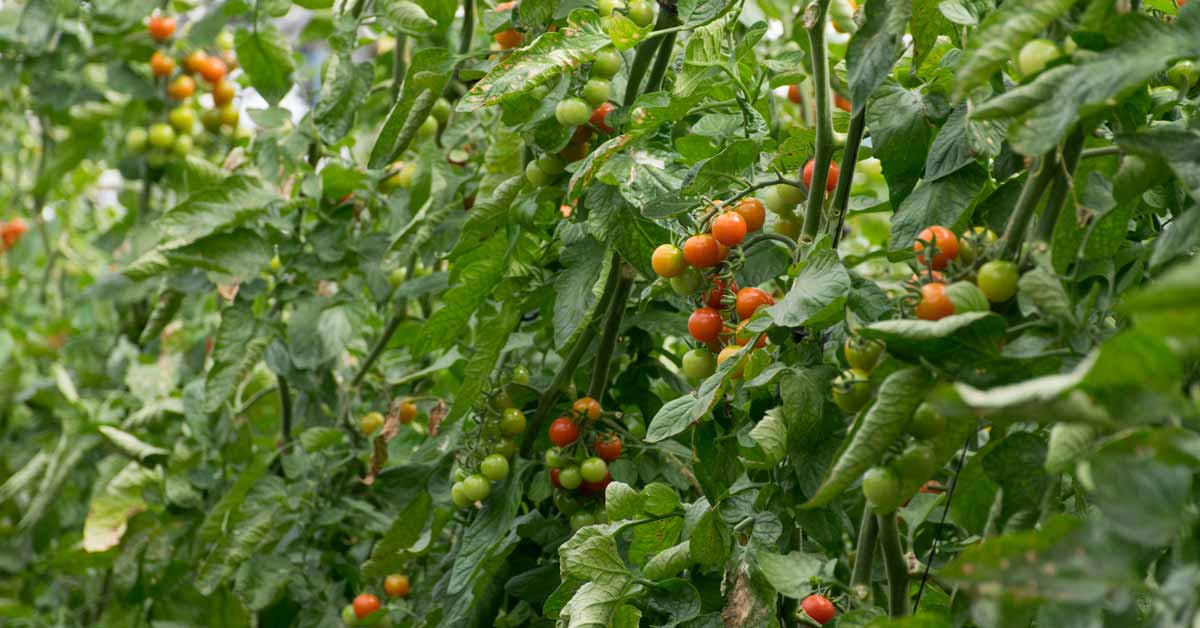This year’s Super Bowl might seem like a battle between the Kansas City Chiefs and Philadelphia Eagles, but the real story is an unlikely trio teaming up to fight a different opponent: Food waste and food insecurity.
Pete Davidson, Jon Hamm, and Brie Larson star in the Hellmann’s Mayonnaise Super Bowl commercial, and while the ad is entertaining, it actually has an even deeper meaning.

In the ad, tiny versions of Larson and Hamm are seen inside a refrigerator, beside a myriad of leftovers and a giant jar of mayonnaise, riffing about being “ham” and “brie.” Davidson opens the fridge to proclaim: “I’m gonna eat you guys” and makes a sexy-looking sandwich with the leftovers in the fridge.
The commercial ends with big letters: “Make taste, not waste.”
Although we can all debate who is the biggest celebrity in the commercial, the real star is the giant jar of Hellmann’s, which has embarks on a journey called #MayoForMeals.
The giant jar of mayo (legit, it’s a 7-foot-6-inch jar of mayo in a truck) is traveling from Phoenix to New Jersey from now until April 15, on a cross-country tour benefiting Feeding America.
The jar will visit locations with close ties to the commercial, including St. Louis (Jon Hamm’s hometown), Cheese Castle in Wisconsin, and Toast, North Carolina. And here’s the kicker: For every social media post of the giant jar, and for every mile it travels, Hellmann’s will donate meals to Feeding America.
Each photo shared on Instagram, Twitter, or TikTok using the hashtag #MayoForMeals will help provide the equivalent of 500 meals, while each mile the jar travels will donate 100 meals to the organization. In total, Unilever (the company that makes Hellmann’s) aims to donate one million meals to Feeding America.
“With nearly 34 million people facing hunger across the country and Hellmann’s products reaching the homes of millions of people, we have a responsibility to raise awareness about this issue and help people become more resourceful with their food,” Unilever’s Dressings North American marketing director, Chris Symmes said.
Using a Super Bowl ad to fight food waste
In addition to supporting those who face food insecurity, this project also aims to decrease food waste across the country.
In America, nearly 40% of all food is wasted, according to Feeding America, equating to nearly 130 billion meals each year. In fact, the Super Bowl is the second most food-wasted day in America, just behind Thanksgiving.
What if we could cut down on that waste at home — and use the food we don’t use to help those who don’t have access to their next meal?
According to Symmes, the “Make Taste, Not Waste” campaign is designed to inspire people around the world to be more resourceful with their food. Supporting the United Nations’ sustainable development goal of reducing food waste by 50% by 2030, brands like Hellmann’s and Unilever must do their part to change the food systems that harm our planet.
“To reach this goal, we’re helping to educate, inspire action, and change people’s behavior to combat food waste at home, while working to help enact policy change at the federal level,” Symmes said.
And the #MayoForMeals ad is just one way to get the ball — or jar — rolling.
“After the game, we wanted to bring this life-size mayo jar back to our headquarters in New Jersey and felt this was the perfect opportunity to continue spreading awareness about food waste — in a fun, interactive way,” Symmes said. “It’s not every day you see a big yellow truck on the highway with a glassed-in, gigantic jar of mayo!”
Why is this good news?
As we continuously work to unravel systems of greed and extraction that harm our planet and our communities, it’s also important to embrace the nuance and celebrate the wins of companies that choose to do more good with what they have.

While no single act of philanthropy can solve the systems that cause food insecurity or perpetuate waste, we can help individuals and communities one meal at a time.
Feeding America’s work reaches millions of people in need of food, and Hellmann’s using a platform as enormous as the Super Bowl to elevate this work is commendable.
What can you do to prevent food waste?
Food waste is something we can all prevent. Whether it’s planning our meals, properly storing our food, using leftovers more effectively, or even sharing with friends, we can all do better when it comes to keeping those greens from going bad in the crisper drawer.
(We even have a whole guide to preventing food waste to help you!)
On a larger scale, you can also stay up-to-date on policies that will help reduce food waste, and contact your representatives to advocate for these planet-forward ideas.
And of course, if you see the #MayoForMeals truck make a stop in your area, feel free to snap a photo and do your part on social media. You can also directly donate to Feeding America, too.





